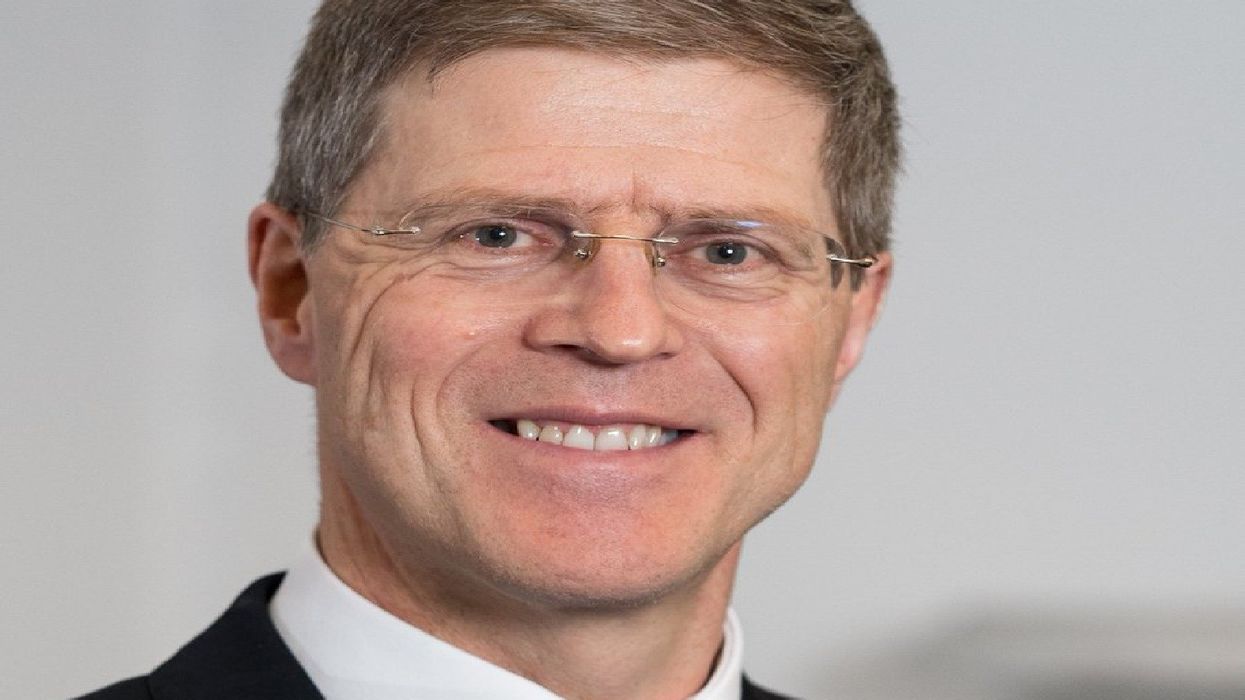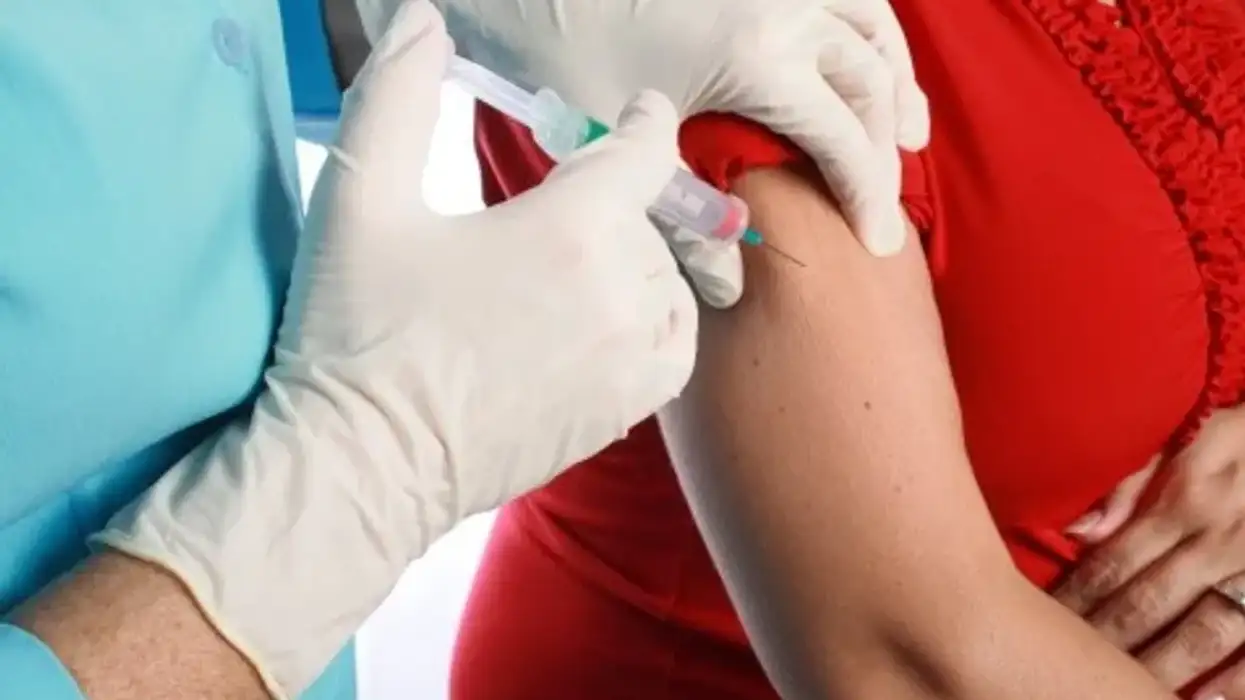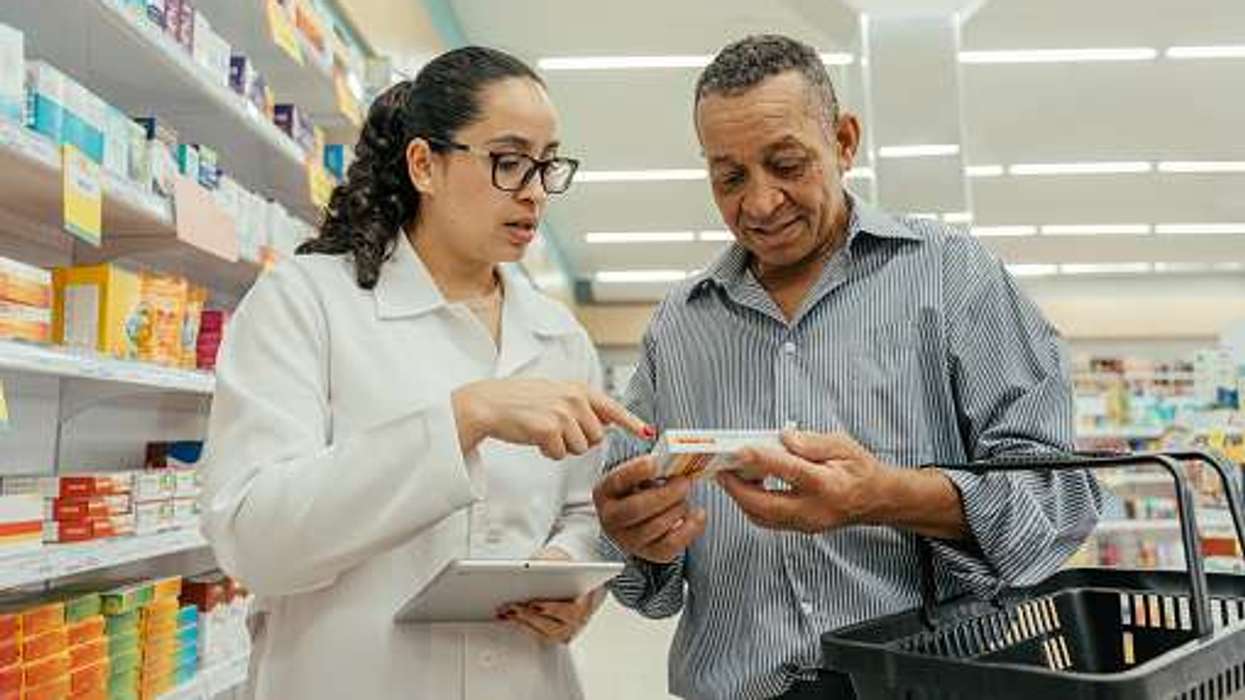The Royal Pharmaceutical Society (RPS) Assembly has awarded an Honorary Fellowship to Professor Tony Avery OBE in recognition of his outstanding contribution to prescribing safety and patient care.
The Honorary Fellowship is given to those who are not eligible for membership of the Society but have either attained a distinction in a particular aspect or aspects of pharmacy, made a distinctive contribution to pharmacy or the RPS, distinguished themselves in any branches of knowledge referred to in the objects of the Society or achieved eminence in public life.
Professor Avery is a practicing GP, Professor of Primary Health Care at the University of Nottingham, National Clinical Director for Prescribing at NHS England, a Senior Investigator at the National Institute for Health and Care Research (NIHR), and a research co-lead at the NIHR Greater Manchester Patient Safety Research Collaboration.
Throughout his career, Professor Avery has championed the safe, effective, and appropriate use of medicines.
He has collaborated with healthcare professionals and patients to advance research and policy development in prescribing and patient safety, and led major studies on the frequency, nature, and causes of prescribing safety issues in the NHS.
Most recently, he collaborated with RPS on the development of the RPS/RCGP Repeat prescribing toolkit. He has also developed effective methods to address hazardous prescribing, including the pharmacist-led, IT-based intervention known as PINCER.
Reacting to the award, Professor Avery said: “This is a great honour to me, as I have been a strong advocate for the pharmacy profession throughout my career.”
“As a GP, I witness the excellent work of pharmacy teams on a daily basis in both community pharmacy and general practice.”
“As a researcher, my studies have demonstrated the positive impact pharmacists can make in medicines optimisation, particularly for improving medication safety.”
“In my National Clinical Director for Prescribing role, I work with fantastic pharmacy colleagues across the profession and I am in awe of their dedication and commitment to improving patient care.”
Paul Bennett, chief executive of the RPS, praised the appointment: “Professor Avery is well known for his research in primary care with a focus on patient safety, prescribing errors, medication errors, medicines optimisation and electronic prescribing systems.”
"Having collaborated closely with RPS over several years, most recently on the development of the ‘RPS/RCGP Repeat prescribing toolkit’, his significant contributions to pharmacy and RPS are fully recognised by this well-deserved award.”
“He has consistently championed the role of pharmacists as leaders in the field of research and policy development to support the safer use of medicines.
"This award reflects the high esteem in which Professor Avery and his work is held by the Society.”
Professor Avery joins a distinguished group of past recipients, including Professor Richard Parish, Dr David Taylor, Professor William Charman, Professor Sam Salek, Sir Richard Sykes Dr Stewart Adams, Prince Philip, Duke of Edinburgh (1955), who was the first recipient, and Anne, Princess Royal (2001).













